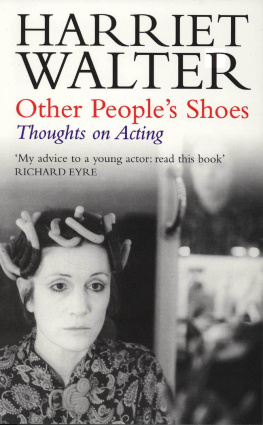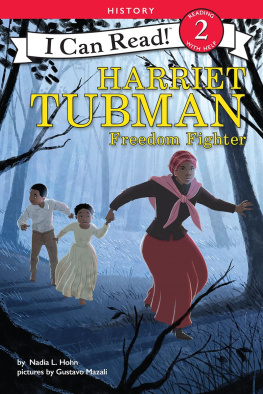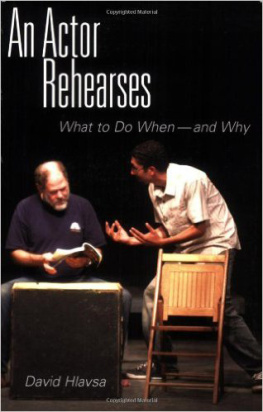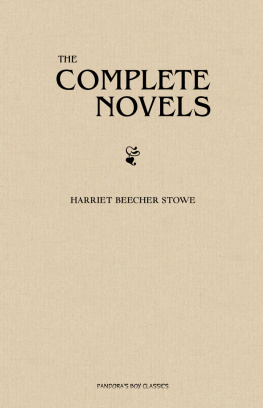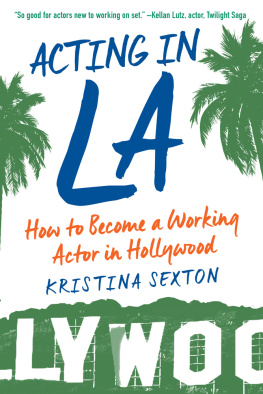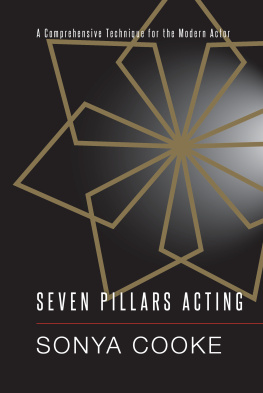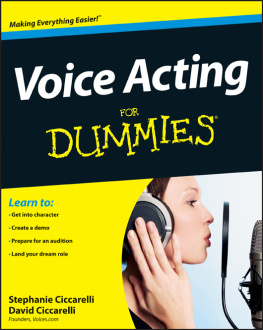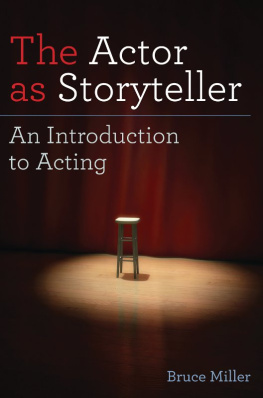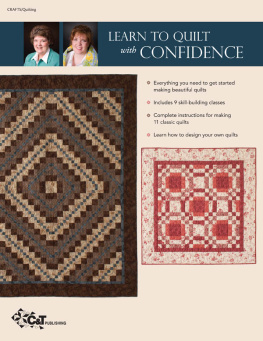Other Peoples Shoes
Thoughts on Acting
HARRIET WALTER

NICK HERN BOOKS
London
www.nickhernbooks.co.uk
For my family
(they know who they are)
Acknowledgements
The publisher gratefully acknowledges permission to quote from the following: The Persecution and Assassination of Marat as Performed by the Inmates of the Asylum of Charenton under the Direction of the Marquis de Sade by Peter Weiss, published by Marion Boyars Publishers of London and New York, English version by Geoffrey Skelton, verse adaptation by Adrian Mitchell, 1965; Cloud Nine by Caryl Churchill, published by Pluto Press Ltd and Joint Stock Theatre Group, 1979, reissued by Nick Hern Books, 1989, copyright Caryl Churchill; Old Times by Harold Pinter, published by Faber and Faber, 1971; Hedda Gabler by Henrik Ibsen, adaptation by Helen Cooper (Judy Daish Associates Ltd), 1996 (produced for the Chichester Theatre); La Musica by Marguerite Duras, this translation copyright Calder Publications Ltd, translated by Barbara Bray, 1962; The Seagull by Anton Chekhov, translated by Thomas Kilroy, by permission of the translator and the Gallery Press, Loughcrew, Oldcastle, County Meath, Ireland, published 1993; The Castle and The Bite of the Night by Howard Barker (Judy Daish Associates Ltd), published by Calder Publications Ltd, 1985 and 1988; The Jail Diary of Albie Sachs by David Edgar, first published by Rex Collings Ltd, 1982, reissued by Methuen Publishing Ltd, 1997, copyright David Edgar.
The author would like to thank Faith Evans, Kate Jones, Antonia Till, Lesley Levene, Geraldine Cooke, Cathy Courtney, Nick Hern, Jane Maud, Caroline Downing, Nick de Somogyi, Matt Applewhite and Alex Peake-Tomkinson.
Prologue
Books by actors are usually presumed to fall into one of two categories: autobiography or instruction manual for theatre practitioners. This book is neither. My life story would make dull reading, and others have written brilliant craft books which I wouldnt presume to supplant. What prompted me to write this were the numerous questions I and other actors are so frequently asked by members of the public who are curious about what we do and how we do it. These questions vary from the gossipy to the profound and I felt that they deserved more thorough elucidation than the usual sounds bytes in celebrity profiles.
Answering some of these questions in a book set me a test which I began to relish and although I set out to write for the audience, I increasingly felt that I was writing as much for myself and my fellow actors, trying to pin down this elusive craft/art in as practical a way as possible. Many actors I have met are grateful to be reminded of the purpose which first fuelled their career choice, being as they are bombarded by media pressure to subscribe to misleading criteria for success; star quality, theatre dynasty connections, a traumatic childhood, a newsworthy romantic partner. When this media fog clears we can get down to the real business of acting, which in some sense is only a study of human motivation, behaviour and interaction.
Besides exploring the job of acting, this books touches on some of the challenges of being an actor. Actors, second only to politicians, are the most interviewed and talked about people in the world, and yet misconceptions still abound. Most societies throughout history have had a schizophrenic attitude towards the acting profession. We have been thought of as priest and as parasites, idols to be emulated and selfobsessed misfits to be scorned. In many parts of the world actors have been the focus of political dissent and have spearheaded revolutions. In this country the media likes to keep actors in their place the gossip columns. If we stray into more serious territory we risk being called pretentious. If we back a political party we are at best set-dressing, at worst seeking publicity. Despite this climate I meet people all the time who, unless they are merely being polite or are better actors than I will ever be, express a great interest in, and appreciation of, our work.
Many actors have been invited to write about acting and have refused, protesting that it is impossible. (To my mind Simon Callows wonderfully lucid book Being An Actor proves them wrong.) A few of my colleagues seem slightly threatened by my attempt, as though I were intending to give away trade secrets or destroy their mystique. I couldnt do that if I tried. There will always be an element of acting which is inexplicable and which we do not understand ourselves.
Instinct and inspiration are indefinable but, when an actor builds a performance, there are many things at work besides those more mysterious ingredients. Emotional recall, clinical study, intellectual choice, personal taste all play a large part in the process, and these I have tried to anatomise. I have also attempted to point up the connections between acting and any other human endeavour and to demonstrate how drama is part of life, not an esoteric extra on the side. To do this I draw mostly on my own career for examples since mine is the only career I have the right to pry into. In that sense alone this is an autobiography. Whether I like it or not, I shall expose more of myself in and between the lines of this book than I have ever done on stage. In writing about acting I inevitably say much about myself, because acting is what I do with who I am.
HARRIET WALTER
Part One
WHY DO IT?
Ones Real Life Is the Life One Does Not Lead
[ OSCAR WILDE ]
They say we only have one life, but some people make a career out of resisting that idea. Everyone starts with a blank page, but all too soon the biographical data creep up on us: where and when we were born, to whom, in what order and of what gender, who taught us, who loved us and who did not. The facts crowd in and shape our options. Actors, bigamists and conmen are some of those who keep grabbing for a fresh sheet of paper on which to reinvent their lives.
Actors are parasites. We function through other peoples inventions and borrow other peoples lives. Protected by the camouflage of character, we can express our truest selves and yet avoid detection. We are moving targets. We are reflections, but which is more real the light or the reflected light?
A Memory
I am about five years old. I am wafting Isadora-like round the drawing room of our London home to Chopins Nocturnes on the gramophone. I wallow in the melancholy as only the young and basically hopeful can bear to do. The hugeness of my yearnings threatens to burst my little seams. My aspirations are as deep as the music, as high as the sky. And yet I cannot name them.
Now I am eleven. I have been taken to Covent Garden to watch Rudolf Nureyev dance. As he spins and leaps he takes me with him. The Nameless Aspiration is within groping distance. I want to dance like him? No. I want to be him? No, not exactly. I want to be the music? Thats getting nearer but still not right. I would just have to carry on groping.
Meanwhile, there was childhood to get through.
An Early Lesson
In reality I was an unexceptional child, the younger and weedier of two girls being brought up in uneventful comfort in London in the 1950s. I juggled those irreconcilable opposites that go with the job of growing up. I was both massively important and totally insignificant at the same time. I was shy but desperate to shatter my shell and be heard.
I was surprised to hear my mother and sister say very recently that they remember me as being very funny as a child. According to my own memory, my sister was unbeatably hilarious (to this day no one can make me laugh like she can) and deserved the limelight every time.

